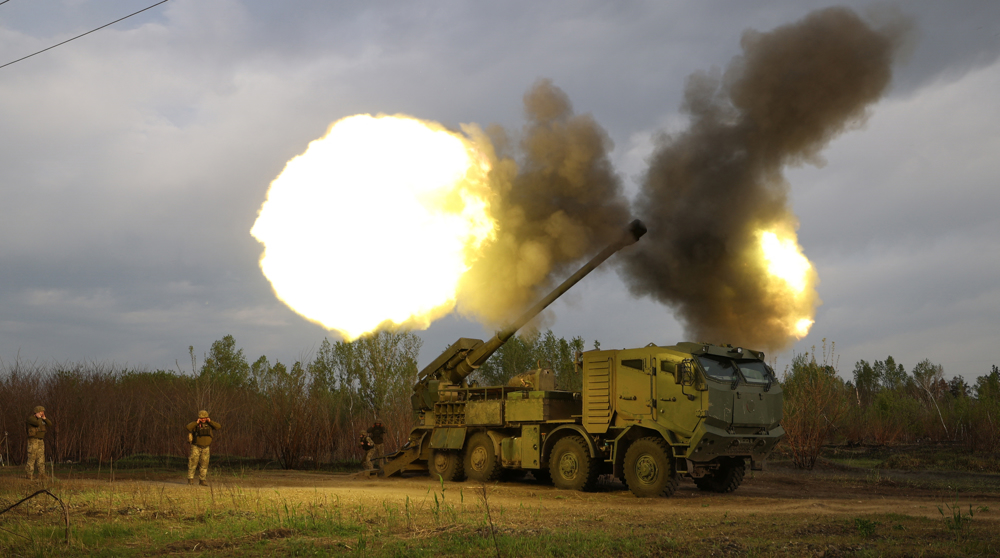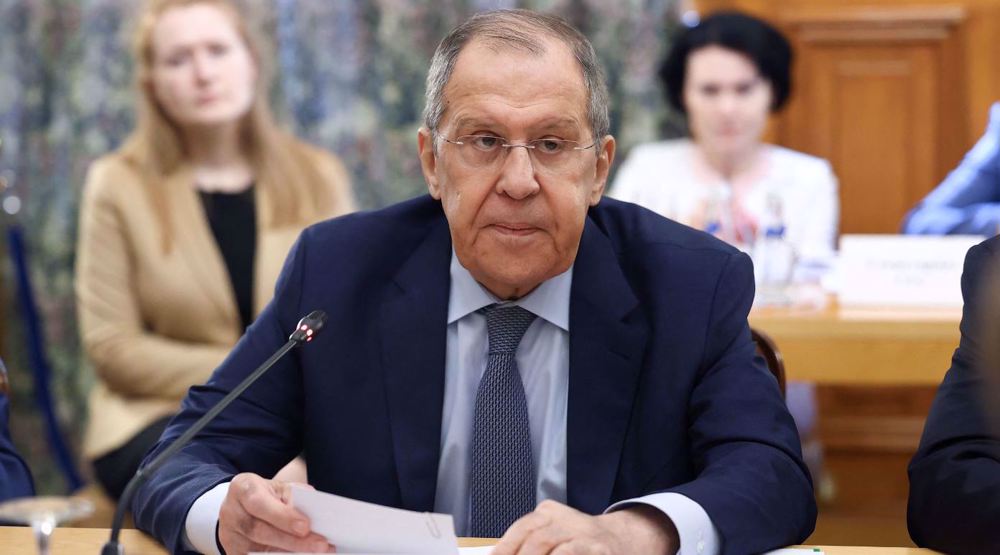Toughening taxes will reduce Russia’s oil production: Lukoil
Vice president of Russia’s oil giant, Lukoil, says increasing mineral extraction tax will decrease the country’s oil production to about 300 million tonnes a year.
Leonid Fedoun was quoted by Russia’s Interfax News Agency as saying that the country’s crude output would fall to 310 million tonnes a year if the government toughened taxation procedures as proposed by Finance Ministry.
Speaking during his presentation at an international investment forum in the Black Sea resort city of Sochi, Fedoun added that low oil prices and the West's sanctions against Russia over the crisis in Ukraine have already decreased Russia’s oil production.
"If the decision is systemic, this would cause extremely sad consequences," Fedoun said.

Lukoil CEO Vagit Alekperov had said earlier that the company agreed to a higher export duty but was against increasing the mineral extraction tax (MET) for oil.
Alekperov stated that the company understood the situation of the Russian budget but hoped that the decision to increase the tax burden would be one-off.
Russian oil companies had earlier sent a joint letter to President Vladimir Putin telling him that an adjusted formula proposed by the country’s Finance Ministry to calculate MET for oil could cause oil production to decline by 100 million tonnes in 2016-2018, adding that the decision would also cause investments in the sector to shrink by 2 trillion rubles.
It was reported earlier that the Finance Ministry had proposed altering the formula for calculating the mineral extraction tax for oil and the export duty, replacing the actual ruble/dollar exchange rate with a notional rate to help the government collect a larger part of the profits that Russian oil companies earn through devaluation of the ruble. In doing this, the Finance Ministry projected that it would be able to raise over 600 billion rubles in additional budget revenue.
However, Prime Minister Dmitry Medvedev hosted a conference last week in which it was decided that MET would not be adjusted but that the government should consider "reducing the export duty on oil more slowly and adjusting several other sources to obtain additional budget revenue."
The measure was proposed in order to generate roughly 200 billion rubles in additional budget revenue for the government, sources in the financial and economic wing of the government told Interfax.
The Russian Finance Ministry said on Friday that for the time being changes in the tax system would apply only to 2016.
‘Say no to Biden’: US college being pressed not to endorse genocide
VIDEO | UN: Alarming food insecurity crisis grips Afghanistan
VIDEO | Stuck in quagmire
UK suspends legal assessments of Israeli violations in Gaza
Students protest at US universities to urge end in financial ties to Israel
Biden signs war aid bill supplying Israel, Ukraine with more weapons
VIDEO | France, West warn Israel against escalation with Iran
Iran refutes Kuwait’s assertion of exclusive rights to Arash gas field










 This makes it easy to access the Press TV website
This makes it easy to access the Press TV website